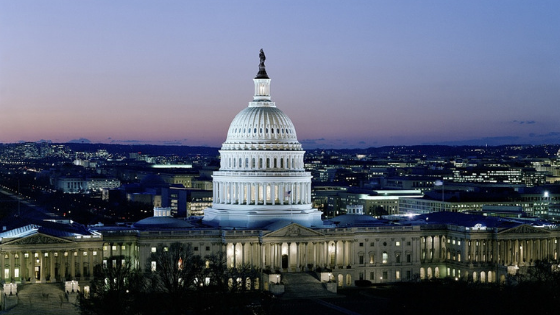A bill has been introduced in the House of Representatives that seeks to cut off any debt collector from receiving additional funds under the Paycheck Protection Program if that collector has been found to have violated any provision of the Fair Debt Collection Practices Act by a federal agency or an action brought in a court of competent jurisdiction.
The bill, H.R. 2296, is called the Ceasing Undeserved Relief Benefits for Debt Collectors Act for 2021, or the CURB Debt Collectors Act, and was introduced on April 1 by Rep. Suzanne Bonamici [D-Ore.]. It is being co-sponsored by nine other House Democrats and has been referred to the House Committee on Small Business for its consideration. A copy of the text of the bill can be accessed by clicking here.
“The Paycheck Protection Program was designed to provide a lifeline to the many small business owners who are trying hard to keep their businesses afloat during the pandemic,” said Rep. Bonamici in a statement. “It is unacceptable that predatory debt collectors have been able to take advantage of this program, diverting funding away from small businesses that desperately need help during this economic crisis. The CURB Debt Collectors Act will put an end to this exploitative practice.”
The bill appears to be a direct result of an article that was published in the Washington Post in January that analyzed the funds that collectors had received under the PPP and tied those collectors to complaints that had been made about them by consumers to either the Federal Trade Commission or the Consumer Financial Protection Bureau. The report indicated that collectors had received more than $580 million in loans, and that 170 of those recipients were the subject of at least 100 complaints by consumers with the CFPB and that 25 have been “subject to legal enforcement or consumer alerts” either by the CFPB or the FTC.
The PPP was created under the CARES Act last year and offered low-interest loans to help businesses pay their payroll and certain other expenses during the COVID-19 pandemic. If the businesses met certain conditions, like not laying off employees, the loans they received could be partially or totally forgiven.
If enacted, debt collectors would be ineligible for loans under the PPP if they have “been found to have violated of any provision of the” FDCPA pursuant to:
- an adjudication by a Federal agency or an action brought in a court of competent jurisdiction if such adjudication or action constitutes an exercise of enforcement authority under Section 814 the FDCPA, or
- any other action brought in a court of competent jurisdiction
- the adjudication was or action was not resolved by a settlement agreement or consent decree that remains in effect as of the date on which such individual or entity applies for the covered loan if the adjudication or action was brought by a Federal agency, and
- a final order or final judgment against such individual or entity pursuant to an adjudication or action
- is issued or entered, as appropriate, during the 10-year period ending on the date on which such individual or entity applies for the covered loan
- has not been overturned
- is no longer subject to appeal









